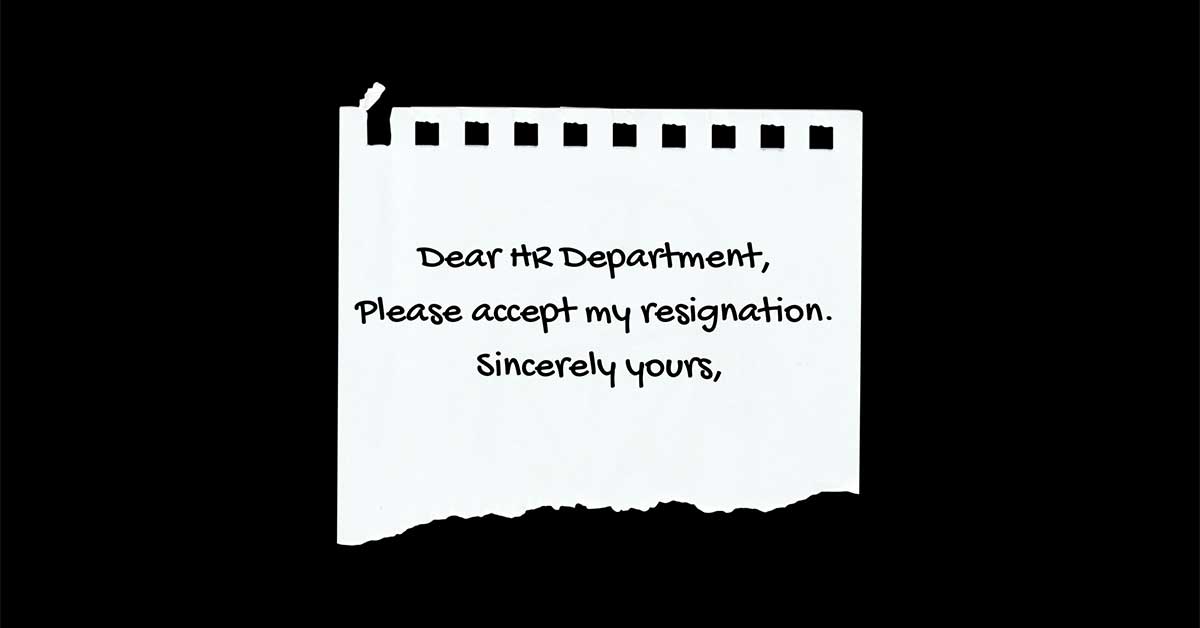Gradually Adapting to the Future Workplace
There is much discussion about the future of work but it appears while some organisations are preparing (e.g. creating start-up teams and internal “gig” roles) for a world where artificial intelligence (AI) and automation are prevalent and the norm – others are continuing to operate as always. Change was slow and incremental: now it is rapid, radical and unpredictable.
Failing to look over the horizon could cost businesses their livelihood and people their jobs. (Think about organisations that no longer exist e.g. Borders, Polaroid and Blockbuster).
So, what is stopping businesses (and individuals) prepare for the future of work?
One factor may be the difficulty (perceived or real) of changing HR practices and policies creating inertia. For example: detailed and specific job descriptions (outdated before the ink is dry); complex job evaluation frameworks; overly structured classification systems; competency frameworks only focusing on technical skills; performance frameworks rewarding people for “doing their job”; recruitment activities seeking to find the “perfect” employee (vs highest potential and/or with attributes for learning); and inflexible working arrangements.
I am not suggesting getting rid of good governance, but there must be practical ways to start disrupting the edges, “moving the needle” and preparing for the future. A future that requires greater simplicity, flexibility and agility; teamwork; complex problem solving, creativity and critical thinking. If organisations don’t start now they will be disadvantaging themselves and their employees.
Start small; But start.
Some suggestions are:
- When establishing project teams seek out people for their diverse thinking in addition to the specific skills they bring (cognitive diversity results in better outcomes)
- Create role descriptions (not only job descriptions) – that foster the ‘gig’ economy (maybe even ask individuals if they need a role/job description at all!)
- Simplify HR policies – making them principles-based and less prescriptive
- Support ALL roles being flexible (work is an activity, not a place)
- Have a look at your resourcing strategy; ask yourself, do all roles need to be permanent?
- Use opportunities like a relocation or organisational restructure to position the organisation for the future. For example, ask yourself: do we need all the job titles and/or hierarchical layers?; How do we want people to collaborate and where?
- Start the conversation about the impact of AI/automation – address the “threat” and empower individuals to take action
- Support individuals to develop their emotional intelligence; critical decision-making; virtual collaboration skills and tolerance of ambiguity (not only their technical skills)
Enablers for preparing for the future of work include: granting trust to employees (rather than having employees earn trust), stop protecting the status quo, and encourage leaders to lead (both in words and actions).
Start now – what have you got to lose?




